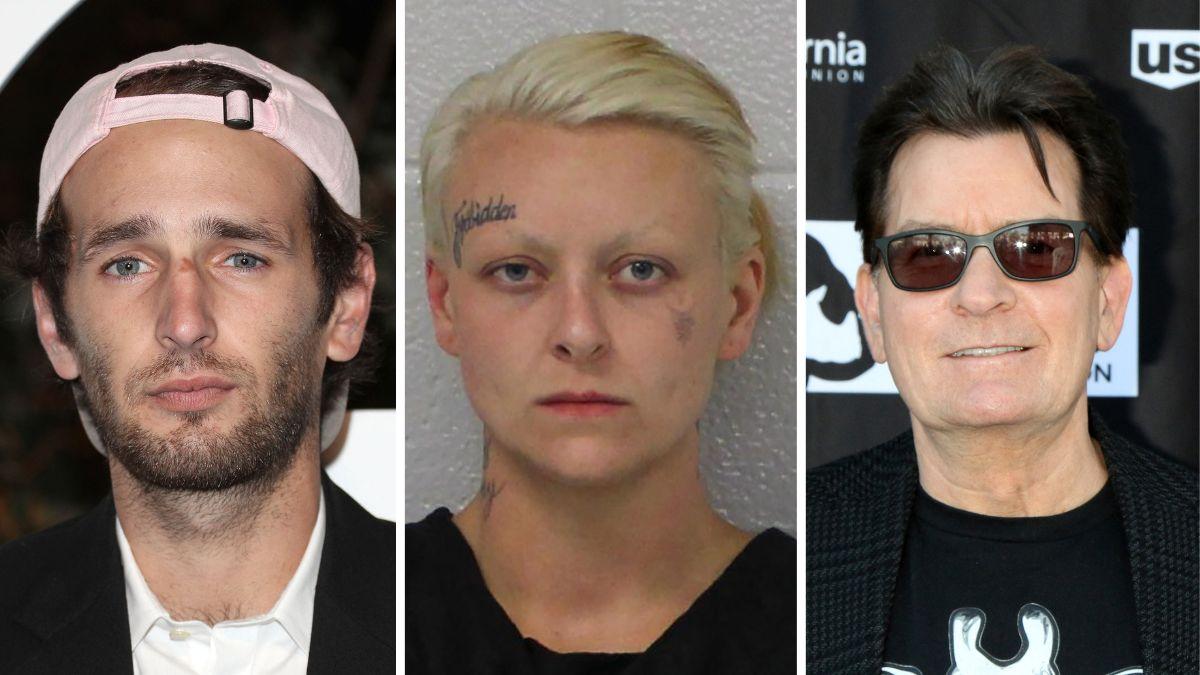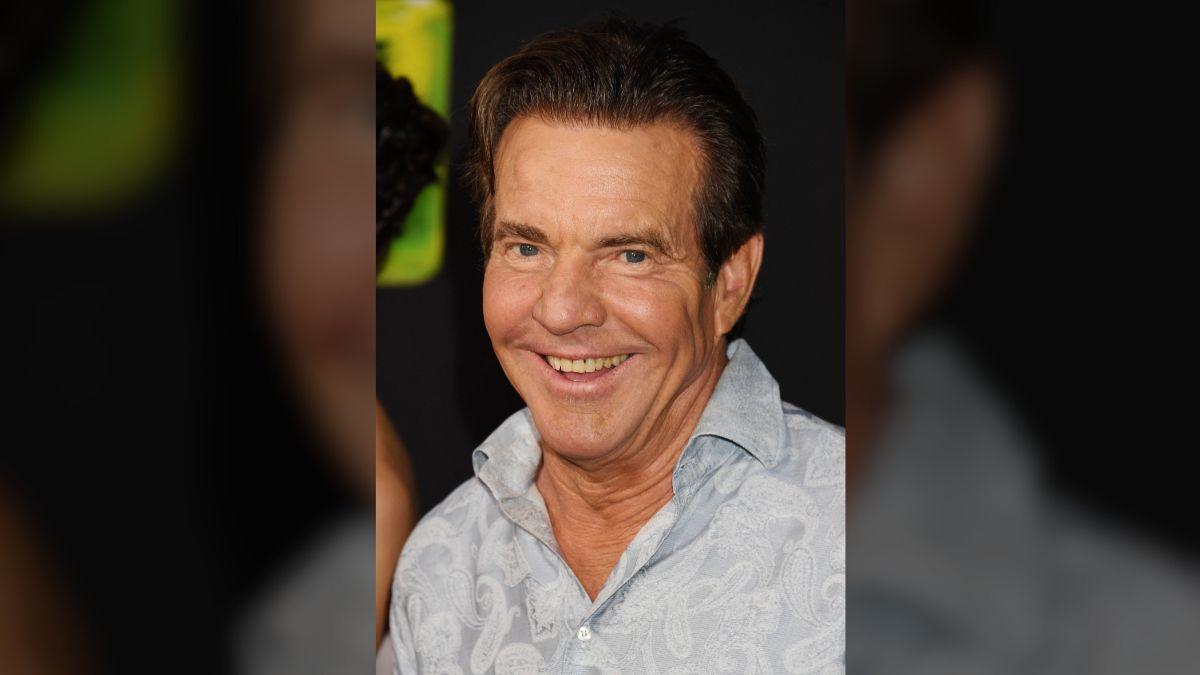EXCLUSIVE: Oasis' Family Abuse Nightmare — The Dark Secrets of Noel and Liam Gallagher's Brutally Violent Childhood Laid Bare As Band Launches Monster U.S. Tour
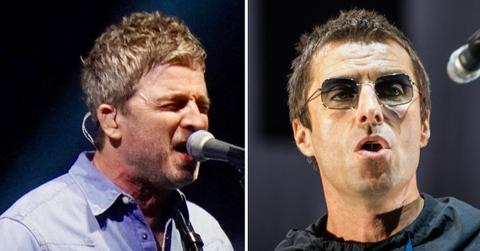
Noel and Liam Gallagher's upbringing was filled with abuse.
Sept. 4 2025, Published 6:45 p.m. ET
Oasis have returned to America with a blockbuster reunion tour, but behind the sing-along anthems lies a childhood marred by violence and escape, RadarOnline.com can reveal.
The Manchester band, led by brothers Noel Gallagher, 58, and Liam Gallagher, 52, launched their first full American tour in more than two decades at the end of August, playing sold-out shows in New York, Los Angeles, and Chicago.
A Dark Childhood Revealed
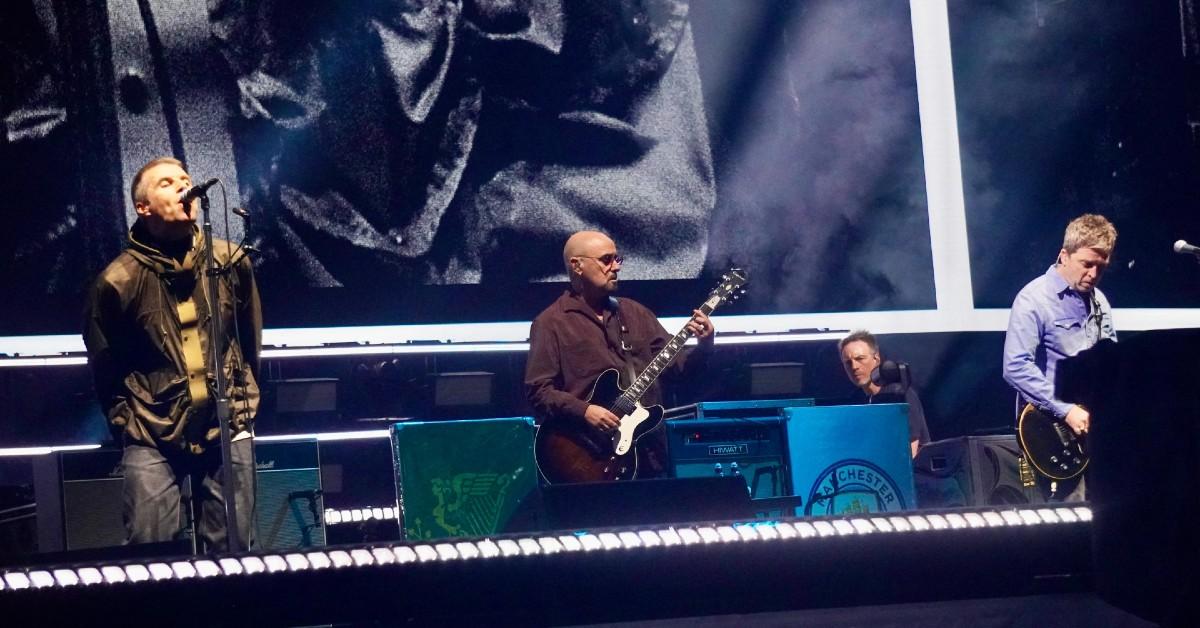
Oasis return to America with their Live '25 reunion tour.
Their Live '25 run, which stretches coast to coast through October, is being billed as one of the year’s biggest rock tours.
Yet their story is rooted not just in stadium euphoria, but in the bruises of a family history that still shadows them.
We can reveal in the 2016 documentary Supersonic, Noel reflected on his father’s brutality as he and Liam grew up in a grim urban estate.
He said: "He beat the talent into me." Delivered in a flat, detached tone, the remark captured both the cold reality of his childhood and the survival instinct that fueled the music.
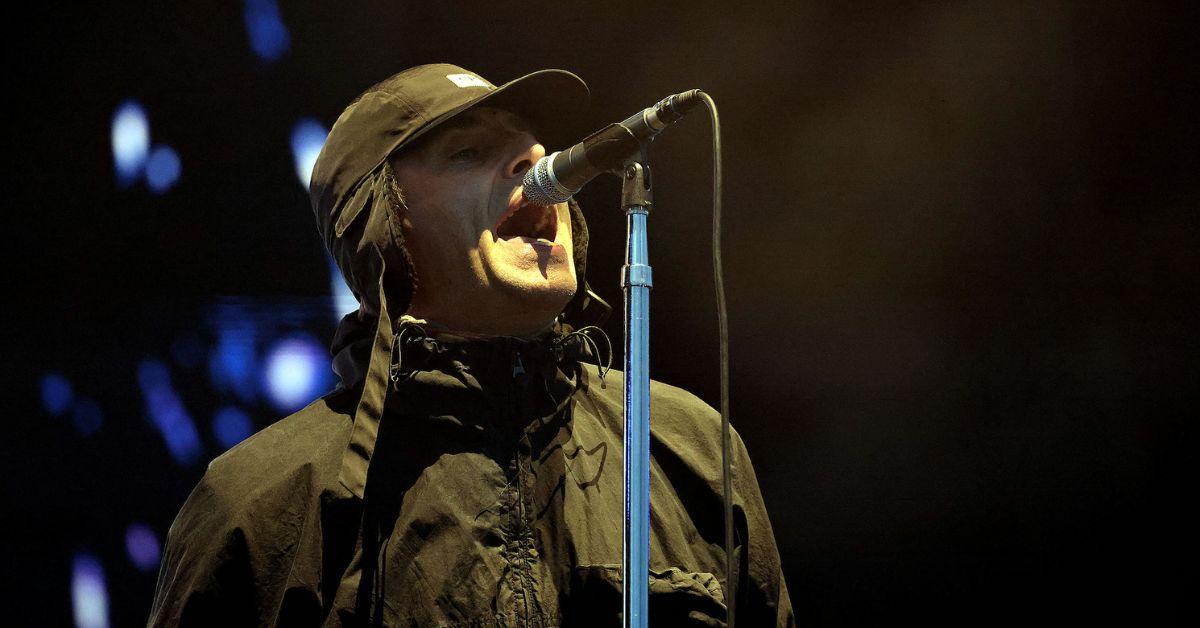
The band's music was shaped by a turbulent childhood in Manchester.
Biographer John Harris, who has followed the group since 1994, said: "Ireland and Manchester were the twin engines behind Oasis. Out of chaos came freedom – and those songs still carry it."
The Gallagher brothers grew up in Burnage, south Manchester, the sons of Irish immigrants.
Their father, Thomas Gallagher, originally from Co Meath, met their mother, Peggy, from Co Mayo, at an Irish social club in 1964.
Within months, they were married, but Peggy quickly realized she had married an angry, violent drinker.
"Three weeks in, she knew it was the greatest mistake of her life," Harris said.
The violence was constant. Noel, born in 1967, bore the brunt, while Liam, born in 1972, was largely spared.
Older brother Paul, born in 1966 – who is now facing a string of rape and sexual assault charges amid his millionaire brothers' hit tour – witnessed the same cycles of rage.
Staying Silent About Upbringing
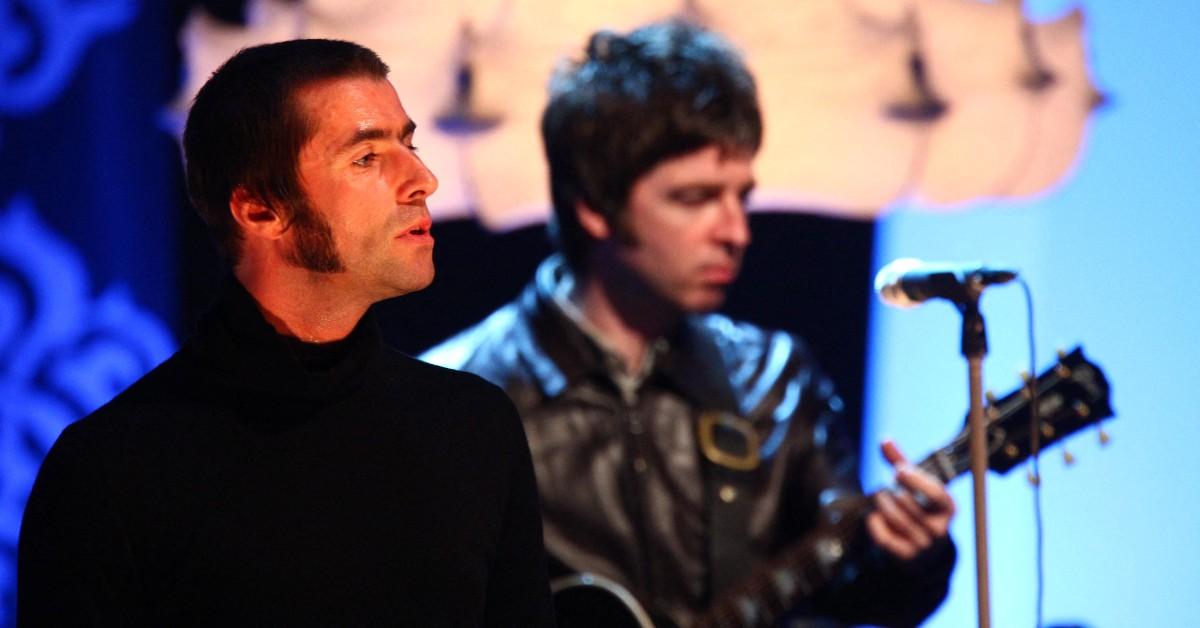
Noel reflected on his father’s brutality in the documentary 'Supersonic.'
Summers in Charlestown, Peggy's Mayo hometown, offered relief. Noel recalled throwing stones at cows, sneaking sips of Guinness and laughing at his extended family’s sharp banter.
"I remember sitting there crying with laughter," he said in Supersonic.
It was in those Irish evenings that music seeped into him. Relatives would play guitars and sing folk songs such as Tommy Makem’s Four Green Fields. Combined with trips to see Manchester City, where terrace chants filled the stands, the blueprint for Oasis' choruses was set.
Harris explained: "Live Forever, Don’t Look Back in Anger – they’re folk songs in football shirts. That's why they work."
The brutality at home also forged the Gallagher brothers' armor.
Noel rarely discusses his father’s abuse in public, reflecting a Mancunian code of silence.
"You take the blows and move on," Harris said of his attitude to his tortured childhood. Liam, meanwhile, admitted to the NME in the 1990s: "It is all front with me. That is what gets me through it."

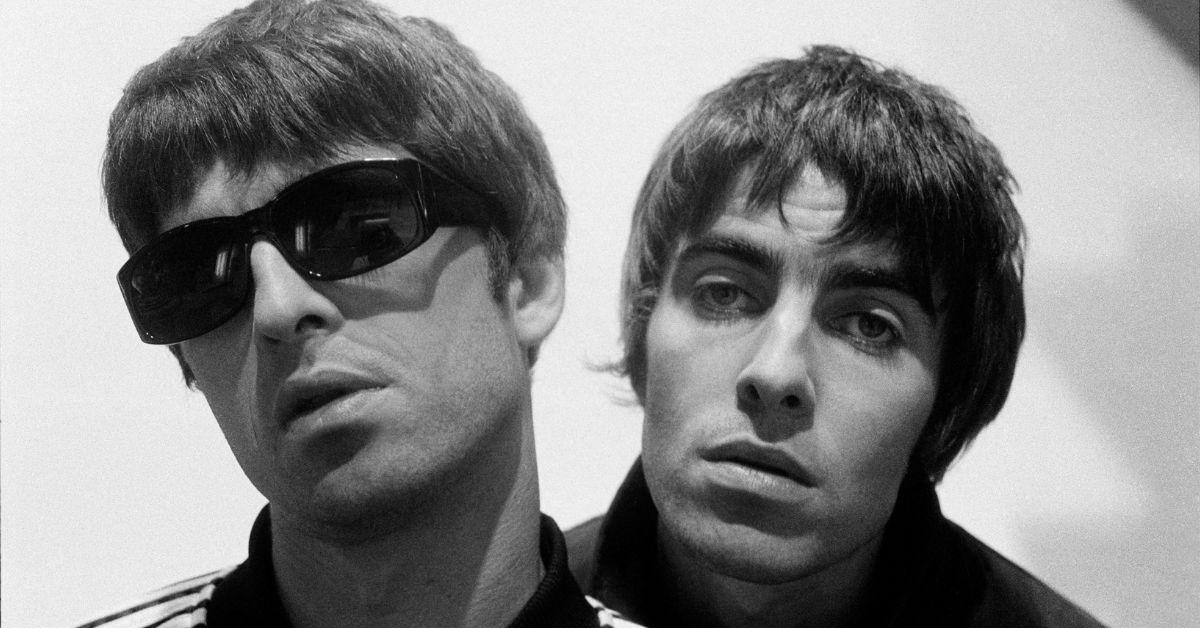
The Gallagher brothers' upbringing forged their combative public personas.
This upbringing also shaped the brothers' combative public personas.
Noel’s notorious 1995 quip wishing rival Blur’s Damon Albarn "catch Aids and die" jibe was rooted less in malice, Harris argued, than in the take-no-prisoners humor of Manchester estates.
Decades later, Noel's digs at Prince Harry or Glastonbury for being "too woke" still echo the distrust of open displays of emotion he grew up with, insiders say.
Noel also once told his mom he would kill his dad if he laid another hand on her – prompting her to leave the boozing abuser for a better life with her kids as she didn't want her son going to jail for killing "the likes of him."
Despite all this, Oasis' songs have become anthems of unity. From Champagne Supernova to Stop Crying Your Heart Out, they were built to bring people together, even as the Gallagher brothers themselves fractured.
Now, as the band storms U.S. arenas once more, the tension between pain and celebration remains their defining force.
